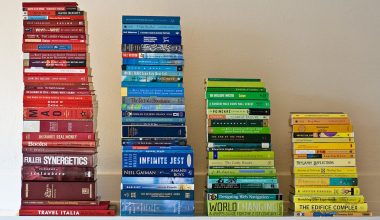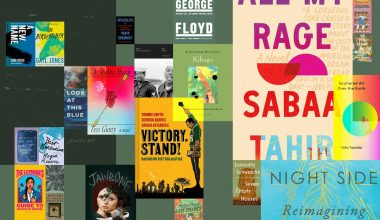In an era characterized by rapid technological advancements, the way people engage with literature and information has undergone a significant transformation. The pervasive integration of technology into our daily lives has inevitably influenced reading habits, altering the traditional means by which individuals access, consume, and interact with written content.
The introduction of digital devices, such as e-readers, smartphones, and tablets, has revolutionized the reading experience. These devices offer unparalleled convenience, enabling users to carry an extensive library in the palm of their hand. The accessibility and portability of digital content have expanded readers’ choices and increased the ease with which they can explore diverse genres and authors.
One notable impact of technology on reading habits is the shift from print to digital formats. E-books have gained immense popularity due to their convenience, cost-effectiveness, and environmentally friendly nature. Readers now have the option to instantly download books, eliminating the need to visit physical bookstores or wait for deliveries. This accessibility has encouraged more people to delve into reading, particularly those who might have found traditional books less accessible due to various constraints.
Moreover, technological advancements have facilitated innovations in reading experiences. Enhanced e-books and audiobooks incorporate multimedia elements, interactive features, and audio enhancements that provide an immersive and engaging way to consume content. These adaptations cater to diverse learning styles and preferences, making reading a more dynamic and personalized activity.
The rise of social media and online communities has also influenced reading habits. Platforms dedicated to literature, book reviews, and discussions have connected readers worldwide, fostering vibrant communities centered around shared interests. Readers can now easily discover new titles, engage in discussions, and receive recommendations from a global network of fellow book enthusiasts.
However, while technology has brought numerous benefits to reading habits, it has also presented some challenges. The prevalence of digital distractions, such as social media notifications and endless online content, has contributed to shorter attention spans and reduced sustained focus on lengthy written material. This phenomenon has raised concerns about the potential negative effects of technology on deep, analytical reading and comprehension skills.
Additionally, debates persist regarding the impact of screen-based reading on eye strain and the overall reading experience. Some argue that the tactile sensation and sensory experience of holding a physical book are irreplaceable, contributing to a more profound connection with the text and better retention of information.
In conclusion, technology has undeniably revolutionized reading habits, offering unprecedented accessibility, convenience, and new avenues for engagement. While digital innovations have diversified reading experiences and connected readers globally, they also pose challenges related to attention span, comprehension, and the sensory aspect of reading. Finding a balance between embracing technological advancements and preserving the essence of traditional reading experiences remains crucial in shaping the future of reading habits in our tech-driven world.






